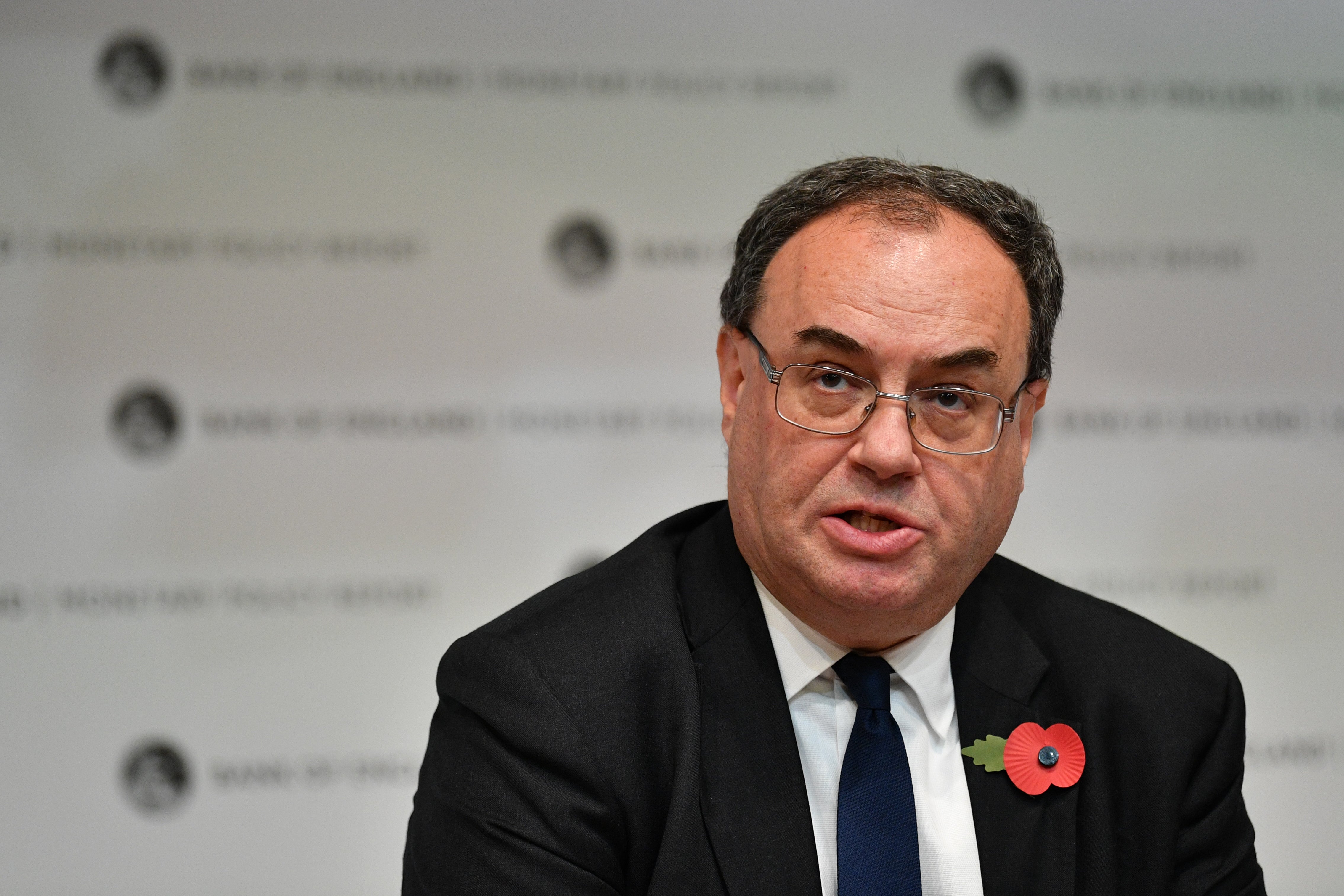
Your support helps us to tell the story
From reproductive rights to climate change to Big Tech, The Independent is on the ground when the story is developing. Whether it's investigating the financials of Elon Musk's pro-Trump PAC or producing our latest documentary, 'The A Word', which shines a light on the American women fighting for reproductive rights, we know how important it is to parse out the facts from the messaging.
At such a critical moment in US history, we need reporters on the ground. Your donation allows us to keep sending journalists to speak to both sides of the story.
The Independent is trusted by Americans across the entire political spectrum. And unlike many other quality news outlets, we choose not to lock Americans out of our reporting and analysis with paywalls. We believe quality journalism should be available to everyone, paid for by those who can afford it.
Your support makes all the difference.Inflation in the UK climbed sharply to 4.2 per cent in October, its highest rate for almost a decade, driven by rising fuel and energy prices, adding to pressure on the Bank of England to raise its key interest rate at its December meeting.
The cost of living, as measured by the Office for National Statistics’ Consumer Price Index, rose at its quickest rate since November 2011 last month. In October alone, it surged by 1.1 per cent, in large part due to higher energy costs for households.
The ONS said soaring inflation was being caused by rising energy bills, fuel and higher bills in restaurants and hotels, as well as the costs of raw materials and goods in factories.
The news came two days after Andrew Bailey, the governor of the Bank of England, told MPs that he was “very uneasy” about rising inflation, which now sits at more than double the target rate of two per cent.
Runaway 1970s-style inflation not expected
Britons should not fear rising inflation will lead to a “1970s-style” economic crisis because households simply do not have enough money to spend on increasingly expensive everyday goods, the Bank of England’s policymakers have said.
Despite inflation hitting its highest rate since December 2011, the wage increases are being eaten up by the soaring cost of essential products, meaning no “wage-price spiral” - which afflicted Britain in the 1970s - will take place.
Three of the Bank’s most senior figures told MPs on the Treasury Select Committee that such a scenario - which played out in the late 1970s - was not likely today because of the radically different market conditions, vastly less powerful trade union sector, and the fact the inflation is being driven by global issues.
“There is no risk of a wage-price spiral in the UK,” said Michael Saunders, an external member of the Bank’s nine-person interest rate-setting committee. “Talk of a return to the 70s is completely misplaced.”
Read more here:

‘No 70s-style inflation’ says Bank of England — because we’ve got less to spend
Soaring cost of essentials like energy and food means businesses will struggle to put up prices of other goods because people will have less disposable income to spend on them, MPs told
Inflation hits highest rate in ten years
Inflation in Britain has soared to 4.2 per cent, the highest rate for a decade, the Office for National Statistics has reported.
The Consumer Prices Index leapt sharply by more than a percentage point in just one month, rising from 3.1 per cent in September to 4.2 per cent in October.
The bigger-than-expected rise was driven by surges in energy bills, fuel prices, and higher prices in restaurants and hotels.
Goods made in factories and raw materials also saw similar price rises as supply chain disruption takes its toll.



Join our commenting forum
Join thought-provoking conversations, follow other Independent readers and see their replies
Comments